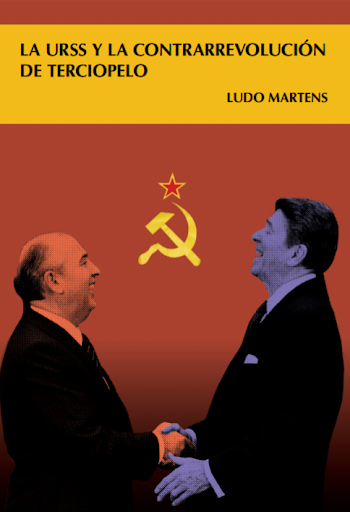

Meanwhile, Stalin argued that the ruling Communist Party's factionalism might weaken the Soviet Union in the face of foreign enemies. Collectivization had met widespread resistance, resulting in a bitter struggle of many peasants against the authorities. However, Soviet agriculture, which had been exploited to finance the industrialization drive, continued to show poor returns throughout the decade. Under Stalin, who replaced the New Economic Policy (NEP) of the 1920s with five year plans (introduced in 1928) and collective farming, the Soviet Union was transformed from a peasant society to a major world industrial power by the end of the 1930s. Stalin molded the features that characterized the new Soviet regime his policies, based on Marxist–Leninist ideology, are often considered to represent a political and economic system called Stalinism. Stalin became general secretary of the Soviet Communist Party in 1922 following the death of Vladimir Lenin, he prevailed over Leon Trotsky in a power struggle during the 1920s and brutally consolidated his authority with the Great Purge, a period of severe repression which reached its peak in 1937, remaining in power through World War II and until his death.

The final part of the episode deals with the reality of collectivisation, crop failures and the actual actions of the Soviet government in Ukraine and Moscow.Iosif (usually anglicized as Joseph) Vissarionovich Stalin ( Russian: Иосиф Виссарионович Сталин), original name Ioseb Jughashvili ( Georgian: იოსებ ჯუღაშვილი see Other names section) ( Decem– March 5, 1953) was a Bolshevik revolutionary and leader of the Soviet Union. We also look at the role played by Trotsky in all this (and it's not a good one).

We also examine why this myth has been sustained and how it is used by Ukrainian fascists to this day. Comrade Slava from the Chicago Workers School joins me for this episode where we examine why the 'holodomr' is a myth created by a combination of the Nazi regime, Ukrainian fascists, the Hearst press and reactionary British historian Robert Conquest.

With the German parliament recently passing a resolution proclaiming that the Soviet leadership in the ealry 1930's engaged in a deliberate policy of starvation in Ukraine it was clearly time to look at the mythology this resolution is based on.


 0 kommentar(er)
0 kommentar(er)
